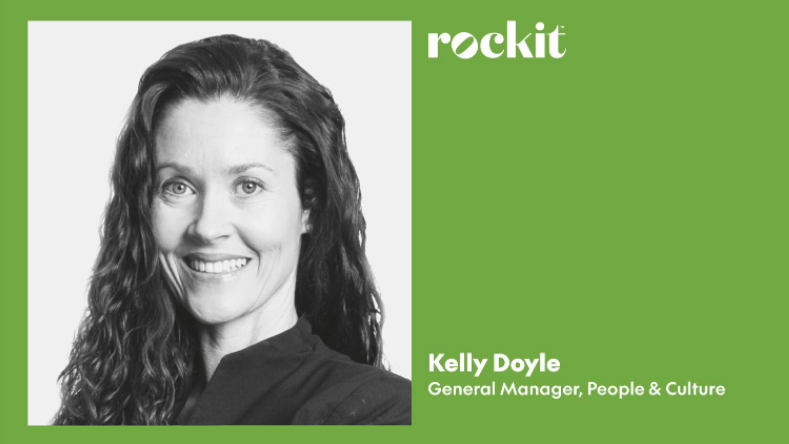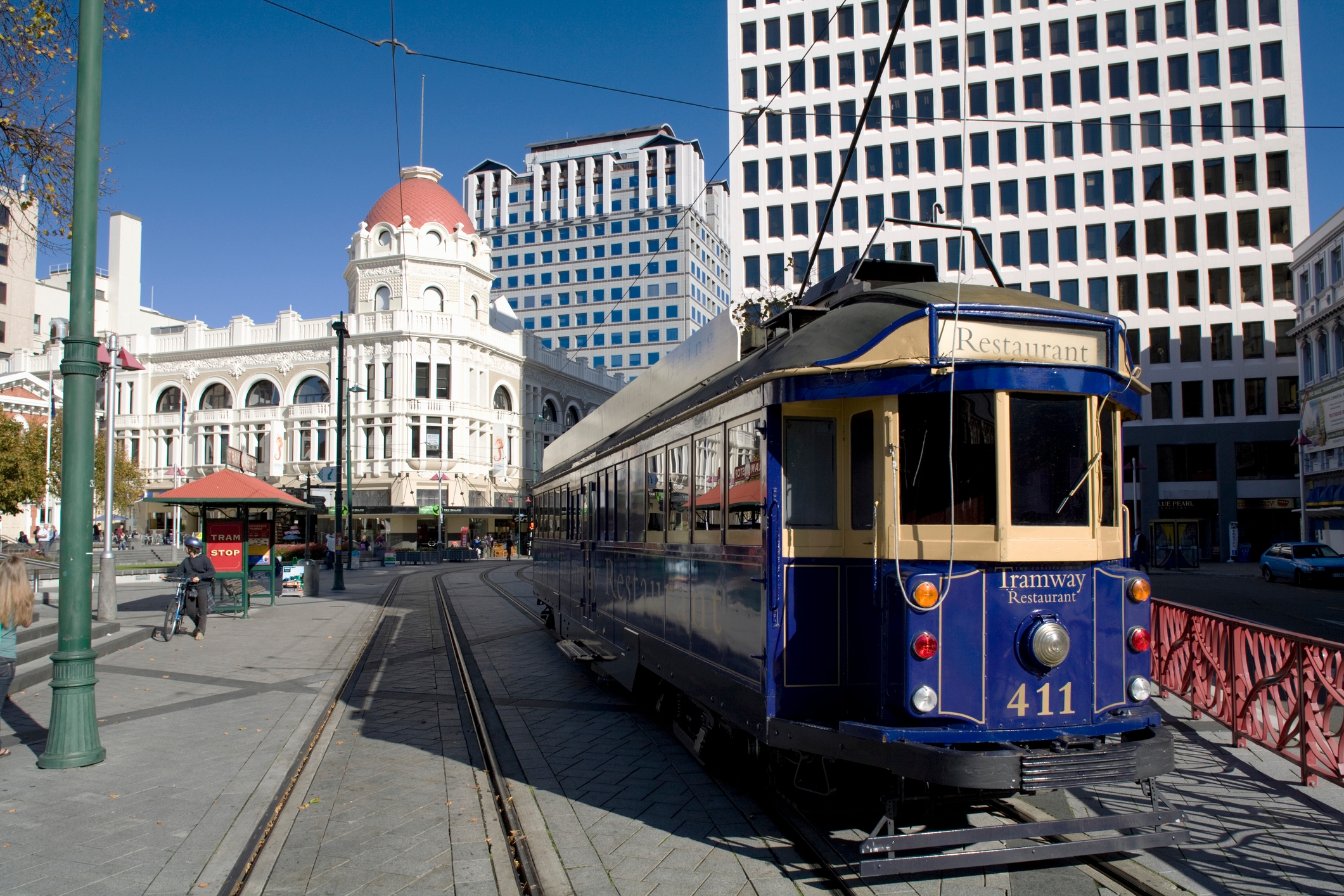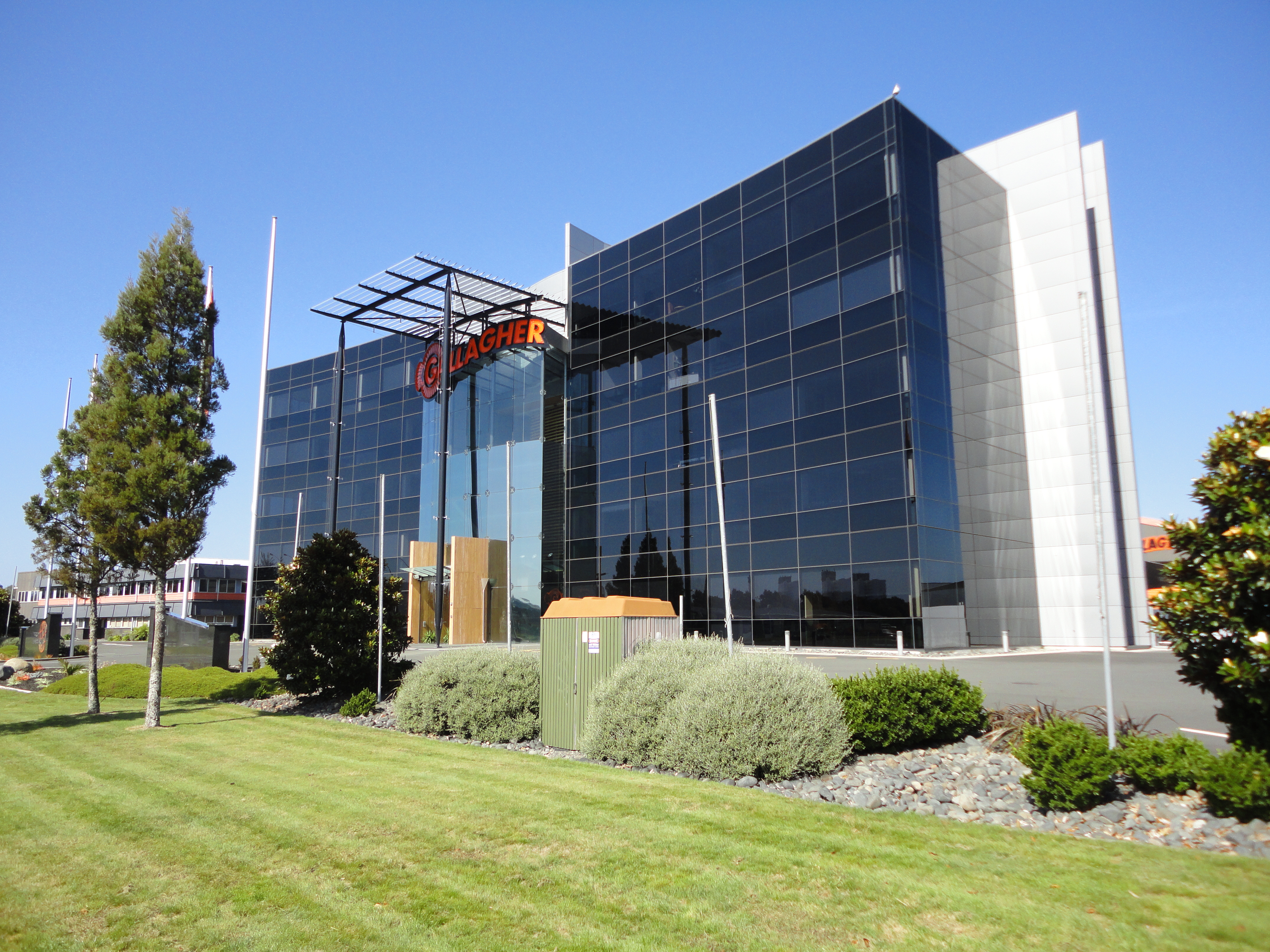Feature article
Feature story: moving town for a new job
It's a huge lifestyle change. So how do you know it's the right time?
How a big city Aucklander is finding the Hawke’s Bay
Kelly Doyle, Rockit Apple General Manager of People and Culture. Image source: LinkedIn
Rockit Apples. Image source: LinkedIn
Bringing the whole household on board for your out of town move
A move to another town doesn’t have to be instant, it can be gradual
Christchurch currently an employment hotspot
Cathedral Square tram, Christchurch City
One Christchurch company embracing the four day working week
Aucklanders moving to other parts of the Golden Triangle
Gallagher HQ in Hamilton
Tauranga’s appeal to Aucklanders moving out of the city for jobs
Make sure you really like the location not just the job
Other articles you might like








